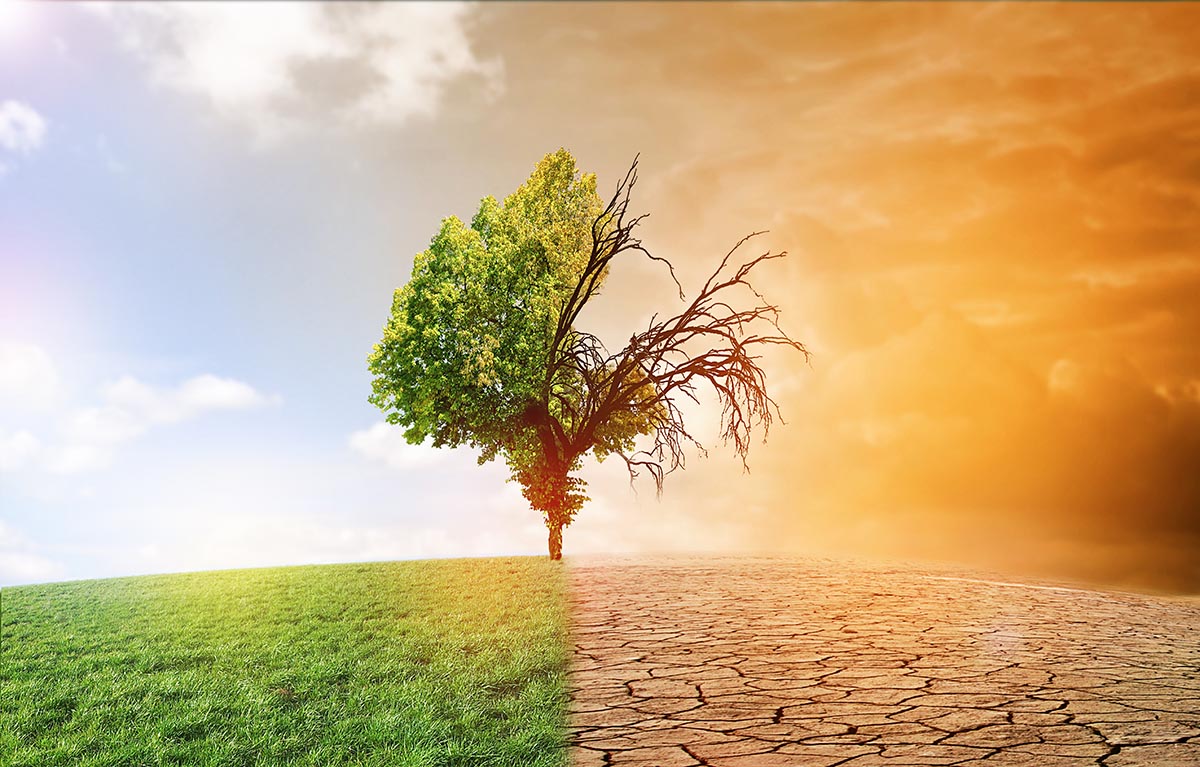>Who we are

Jochen Aigner
Company founder and managing partner
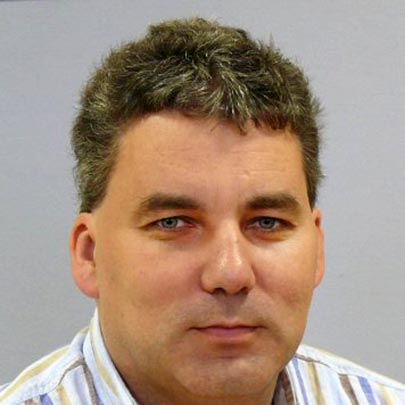
Milan Maciga
Chief Technology Officer
We set benchmarks–because we are constantly looking for new meaningful applications for our products and services, thereby securing our position as a technology and innovation leader.
Interested?
Please give us a call on: +43 2875 93080
or send us an email
We will be happy to advise you!
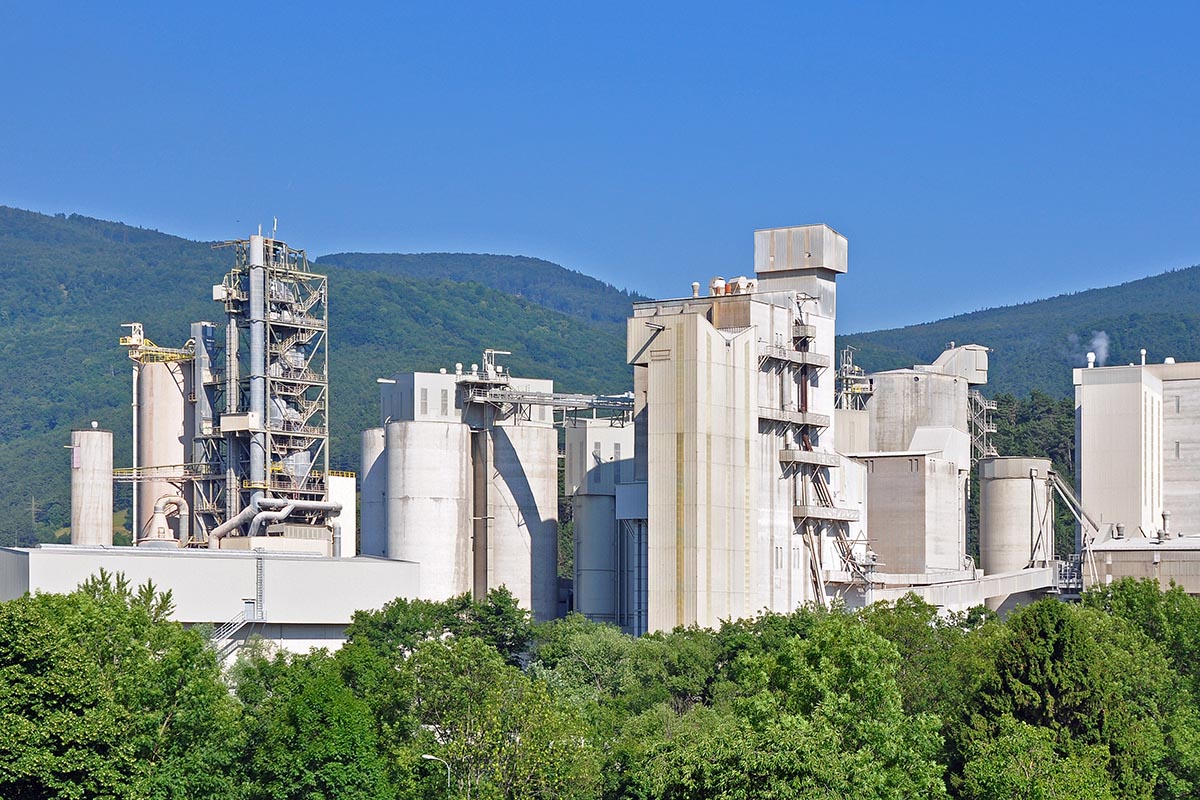
INDREC supplies sustainable energy to the industry.
What does "industrial recovery" mean?
The name of our company, INDREC, is an acronym and stands for industrial resource recovery. Resource recovery is the selective recovery of materials from residues for a specific recycling purpose; i.e. this term refers to the recycling of materials, but also to the generation of energy from residues, so-called refuse derived fuels ("thermal recovery"). The aim is to maximise the use we get out of materials, to extend the lifetime and to thereby reduce the volume of waste–always with a view to achieving a well thought eco-balance.
Sustainable energy for the industry from waste materials
On the one hand, there are the waste management companies that are increasingly battling against the rising volumes of waste produced, which they have to collect: Waste combustion, or waste-to-energy plants have huge volumes of waste to deal with and are slowly reaching their installed capacities. On the other hand, the energy intensive industries such as the cement, steel, and lime industries and the chemicals industry, as well as CHP plants require vast amounts of energy. INDREC brings these two sides together: State-of-the-art separation and production systems make it possible to use specific non-recyclable waste as sustainable fuel for the industry in accordance with pre-defined standards. We see ourselves as the interface between waste management and the energy-intensive industries. Together with our partner companies, INDREC produces and supplies refuse derived fuels, thereby making waste usable for the industry. The industrial companies benefit from sustainable and high quality energy; the waste management companies from a sustainable collection and the environment from the use of sustainable energy sources. INDREC takes over the corporate responsibility, thereby contributing to the protection and conservation of the environment.
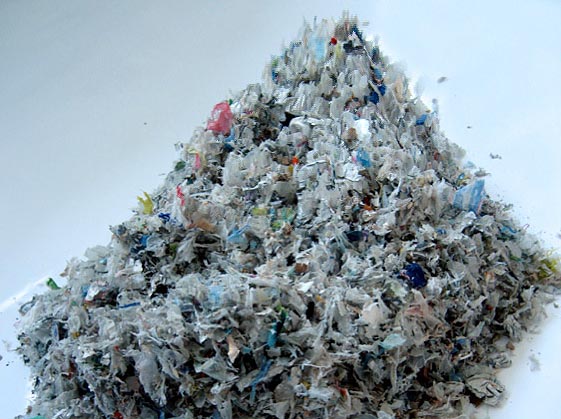
Refuse-derived fuels made from waste materials
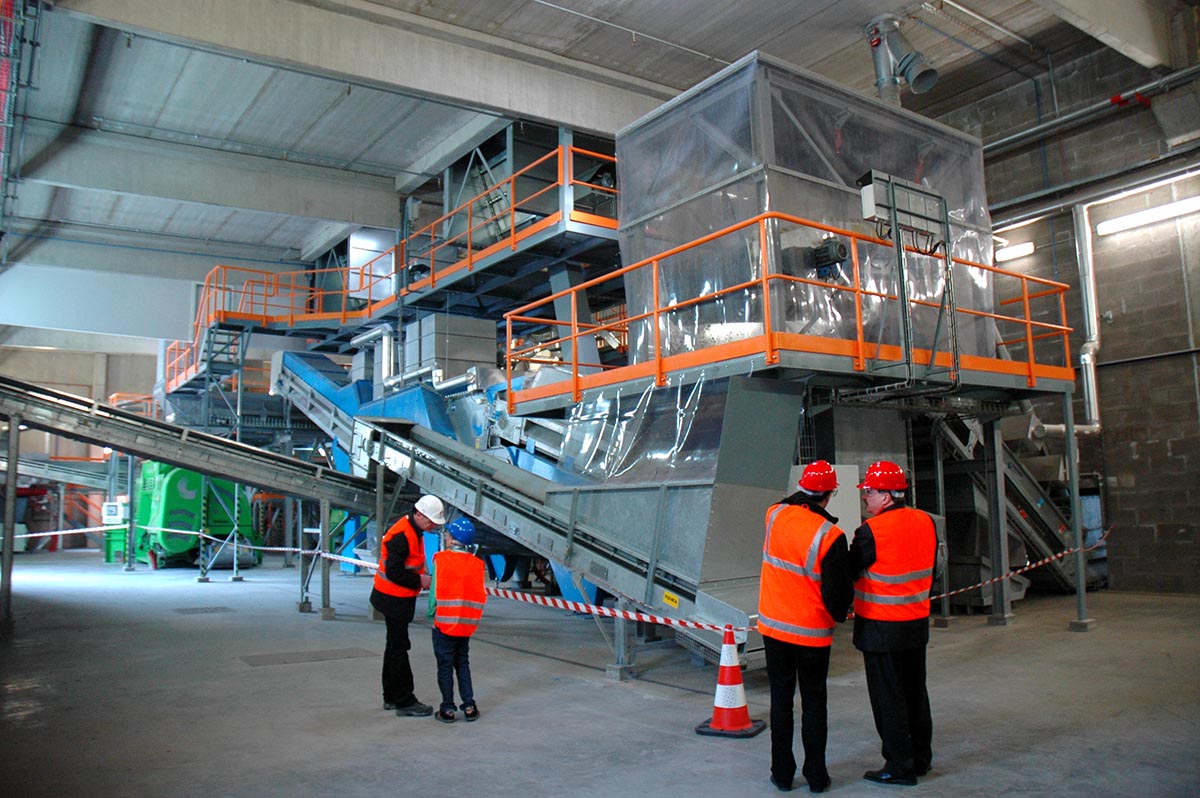
Energy intensive industries profit from using sustainable refuse-derived fuels
How to switch to refuse-derived fuel
Refuse-derived fuel (RDF) is a fuel made from non-recyclable or no longer recyclable industrial and commercial waste which then has to undergo several treatment and production stages in mechanical production and separation plants.
Industrial use
Along with conventional fuels such as coal and gas, refuse-derived fuels are primarily used in energy intensive industries such as the cement, steel or lime industry.

"By using state-of-the-art technologies, we contribute to a better quality of life and increased prosperity."
